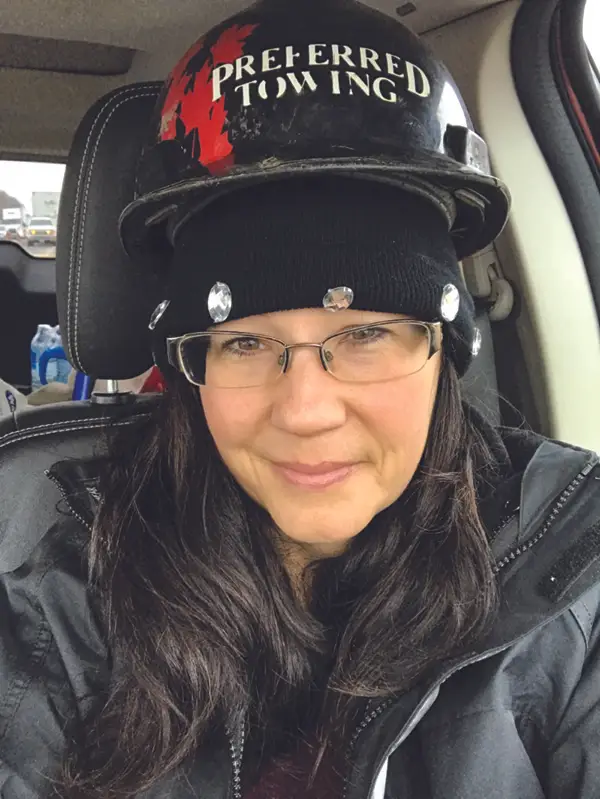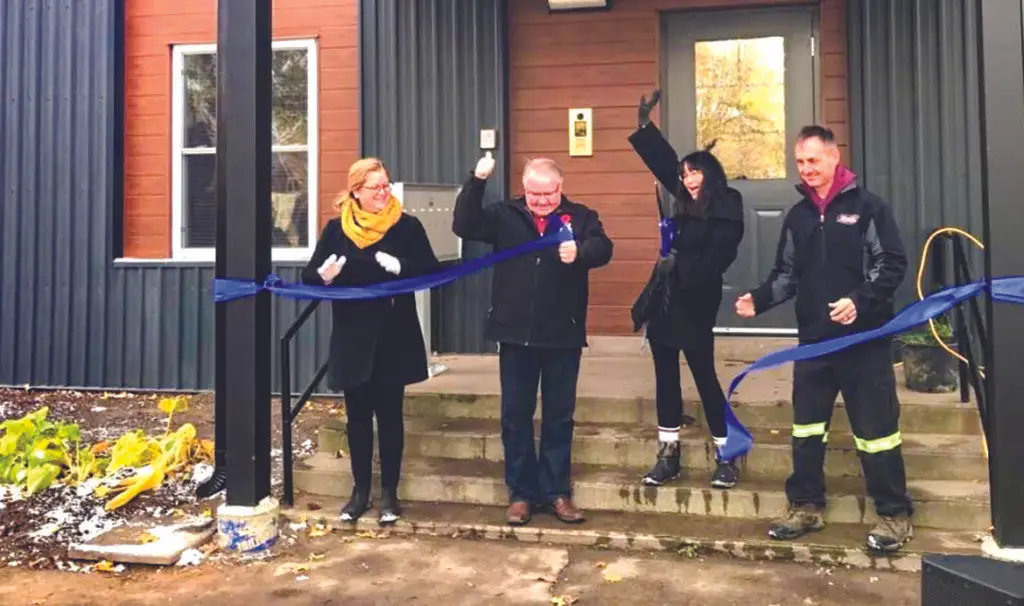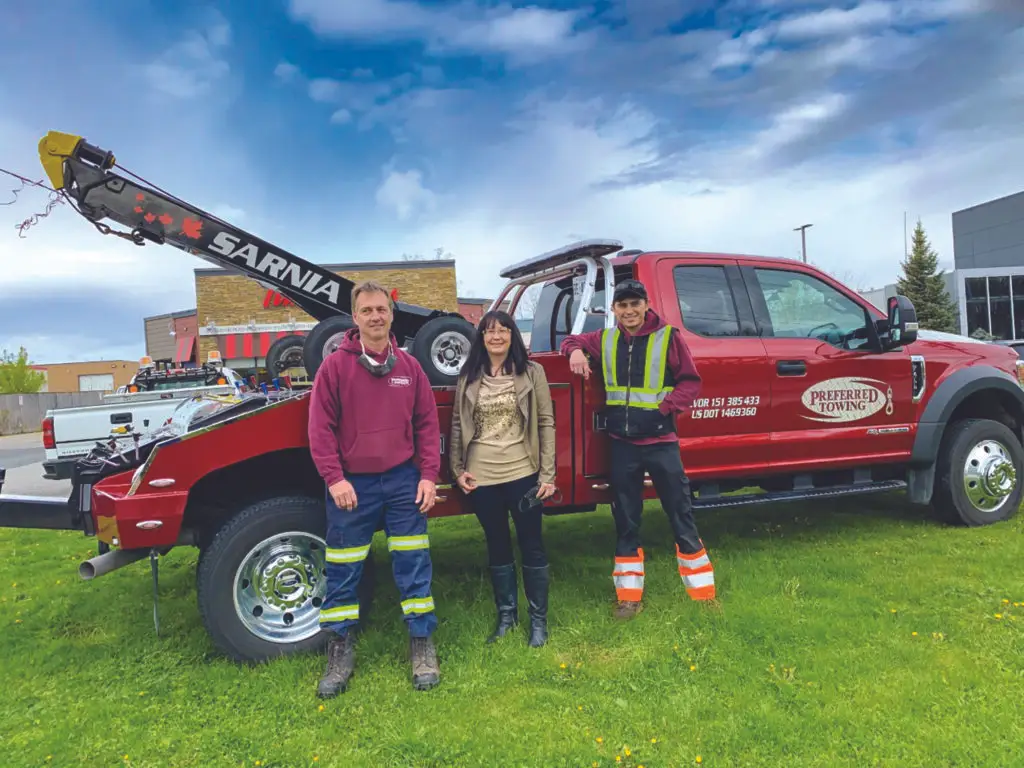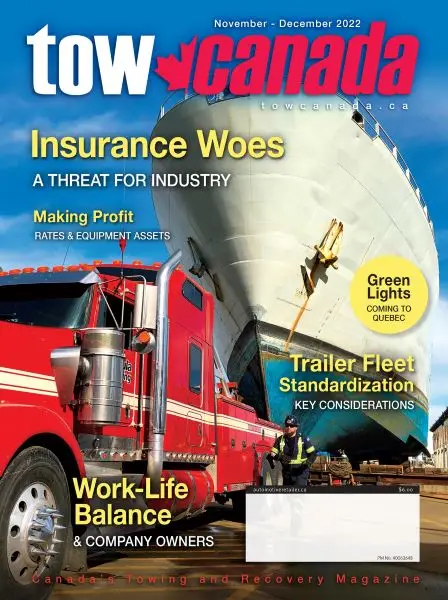We keep hearing of work-life balance, but what does it really mean?
by Tammy Vandenheuvel
According to Wikipedia, the term work-life balance stands for a state in which work and private life are in harmony.
What does that really mean or even look like for someone who owns a business in the towing industry?
I have to be honest, this was not something that existed in my world until just recently. Thirty-one years ago when my husband Gary and I entered into the unknown world of not just owning a business but owning a 24/7 business, work-life balance was not a thing. As many owners can attest, we did whatever was needed to get the business off the ground, and keep it operating and growing. That meant missing family time, social time with friends, and neglecting our self-care, both physical and mental.
As owners, we support our staff in taking their vacation time when requested, staying home when they are ill, using their personal emergency leave when necessary, and we respect their time off. All this supports your employees’ work-life balance.
However, we forget about ourselves. We neglect to see the importance in finding that balance for ourselves as owners. This is not an easy thing to do because we are the ones who deal with critical incidents in the middle of the night, or even while we are on vacation. We are the ones who make up for the extra manpower when one of our staff is on vacation, out for appointments, or away due to illness, often putting off or interrupting our own plans and time off.
"Improving your work-life balance can potentially improve your overall well-being, including your physical, emotional, and mental health.”

We do this all in the name of creating a successful business, but success can come at a cost if you do not find the right work-life balance.
It is necessary to find that balance and make personal time intentional, to make the choice that you will take time for yourself rather than your business. Really, your life depends on it.
Numerous studies by Marianna Virtanen of the Finnish Institute of Occupational Health and her colleagues (as well as other studies) have found that overwork and the resulting stress can lead to all sorts of health problems, including impaired sleep, depression, heavy drinking, diabetes, impaired memory, and heart disease.
Improving your work-life balance can potentially improve your overall well-being, including your physical, emotional, and mental health.
What this looks like is different for everyone. It is okay if you start out slowly, you just have to start.
Here are some tips that can help you find a work-life balance that works for you.
Delegating tasks at work and at home to others is an easy way to regain some of that precious time. In my case, I hired a house cleaner. The two hours a week I saved for myself can feel like I have gained an entire day.
- Try creating little positive habits. I started enjoying my morning coffee at home a little bit longer each day rather than running out the door first thing in the morning. It makes such a difference in how my day goes.
- Take breaks (it can be so easy to work through the day without even eating lunch). I try to take those breaks away from the office, sitting at the lakeside, in a café, or just outside in the fresh air.
- Pursue some passions. Over the pandemic, I discovered paint by numbers and I have to say I got hooked. It is an activity where I can just lose myself and not think about work issues.
- Reconnect with nature. We are fortunate enough to have some gorgeous waterfront in Sarnia, Ontario, so I started walking, biking, kayaking, and paddle boarding.
- Take a vacation. Time off on vacation allows you to decompress and come back to work refreshed. I cannot stress how important it is to get away from the business. We built our staff team to support us while we are away, and just recently we went away and left our work phone with our office staff for the first time. This was not as hard as we thought it would be. Being unplugged made such a difference and guess what? The business was still there when we got back.
- Learn to say, “No.” There is only so much you can accomplish in a day and this is another example where delegating responsibility comes into play.
- Prioritize your mental health and well-being and know when to seek help. There is a reason why they tell you on a plane, in case of emergency, to place the oxygen mask on your face first and then on the next person. You have to help yourself and take care of yourself first in order to help your family, friends, and employees.
- Prioritize the important things in life like family and friends. Enjoy some social time. Your personal commitments should be given the same priority as your work commitments.

If there is one thing that I learned over Covid, it is that life is short, and you never know what it might be thrown your way, so make the best of it. You only get one life to live.
Work, enjoy your successes, but also take time to play and take pleasure in non-work activities. It will make the difference in the length and the quality of your life.
Cover photo: Tammy and Gary Vandenheuvel’s son, Collin, is the second generation of the family-owned business, Preferred Towing. (Photos courtesy of Tammy Vandenheuvel)

